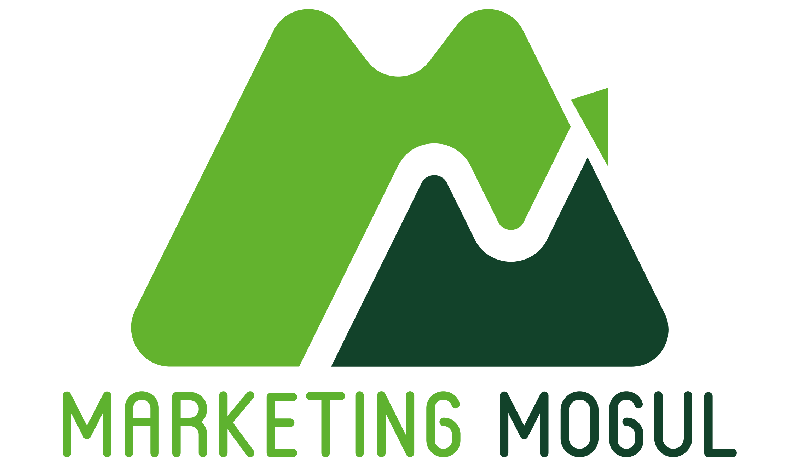
Artificial Intelligence (AI) is revolutionizing the world of digital marketing, making it more efficient, data-driven, and personalized than ever before. From content generation to customer segmentation and campaign personalization, AI has become a crucial part of modern marketing strategies. Let’s explore how AI is transforming digital marketing and helping businesses achieve unprecedented results.
1. AI in Content Generation
Creating engaging content consistently is one of the biggest challenges in digital marketing. AI tools like ChatGPT and Jasper have made content generation more efficient, allowing marketers to create blog posts, social media content, and even product descriptions at scale. AI-based content tools are not just about creating text; they also help optimize content for SEO, ensuring it ranks well on search engines.
AI-driven content tools can also analyze what type of content resonates best with audiences, suggesting topics and formats that are more likely to engage users. For example, AI can help identify trending topics based on user behavior and preferences, allowing marketers to stay relevant and ahead of the competition.
2. Customer Segmentation and Personalization
AI’s ability to analyze vast amounts of data has revolutionized customer segmentation. Marketers can now create highly targeted campaigns by segmenting customers based on real-time data such as behavior, demographics, and purchase history.
Using machine learning algorithms, AI tools can predict customer preferences, allowing marketers to create personalized content that speaks directly to individual users. Personalized campaigns are far more effective at converting leads into customers because they are tailored to address the specific needs and desires of the audience. Platforms like HubSpot and Salesforce use AI to help marketers better understand their audience and deliver hyper-relevant messages.
3. Chatbots and Customer Service
AI-powered chatbots are changing the way businesses interact with their customers. These intelligent bots can handle customer inquiries 24/7, providing instant responses and freeing up human resources for more complex tasks. Chatbots are not just for answering questions—they can also guide users through the sales funnel, recommend products, and even assist in making purchases.
AI chatbots have proven to enhance customer experience by providing immediate assistance and ensuring that customers receive the right information at the right time. Tools like Drift and Intercom are popular for creating conversational AI chatbots that can engage with potential customers in a natural and intuitive way.
4. Predictive Analytics for Campaign Optimization
Predictive analytics is another area where AI is making a significant impact. By analyzing past campaign data, AI can predict the success of future campaigns, allowing marketers to allocate resources more effectively. Predictive models help determine the optimal timing, messaging, and channels to use, thereby maximizing return on investment (ROI).
With the use of predictive analytics, businesses can now identify high-value customers, prioritize leads, and personalize their marketing efforts to ensure a higher likelihood of conversion. This level of insight into customer behavior is invaluable for optimizing campaigns and achieving better results.
5. Enhanced Ad Targeting
AI plays a critical role in improving ad targeting on platforms like Facebook Ads and Google Ads. AI algorithms analyze user data and determine which ads are most likely to be relevant to each individual user. This results in higher click-through rates (CTR) and better conversion rates, ensuring that ad spend is used effectively.
AI-powered tools like Adext also help automate and optimize ad campaigns, continuously testing different versions of ads to find the best-performing combination. This kind of automation allows marketers to focus on strategy rather than getting bogged down in the details of ad optimization.
AI has undoubtedly transformed digital marketing by making it more efficient, personalized, and data-driven. For businesses looking to stay ahead in a competitive landscape, leveraging AI is no longer optional—it’s a necessity.

 We are your trusted partner in navigating the dynamic world of digital marketing. Founded by Sameer Malhotra and Prerna, the marketing duo with over 20 years of diverse marketing experience across various industries and global markets
We are your trusted partner in navigating the dynamic world of digital marketing. Founded by Sameer Malhotra and Prerna, the marketing duo with over 20 years of diverse marketing experience across various industries and global markets